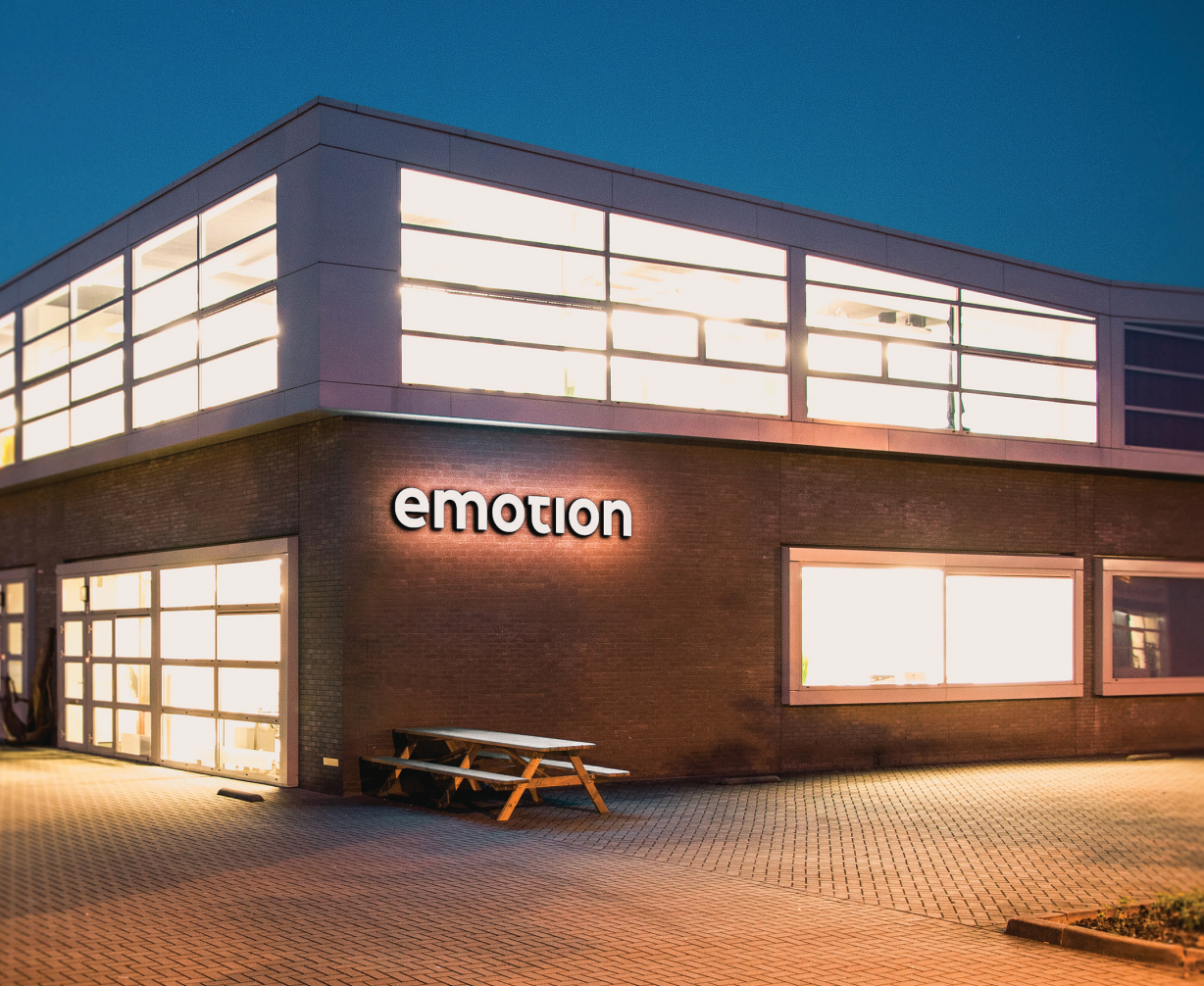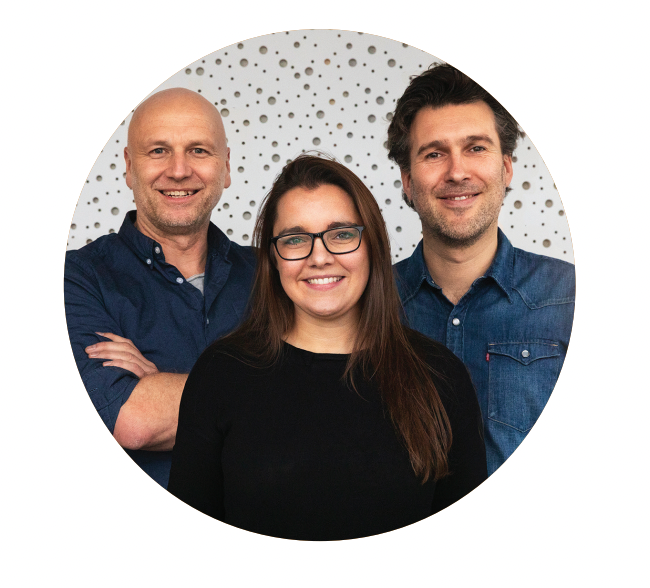How do you continue to perform optimally in a change process?
'An outside view is necessary if you really want to develop'
How do you ensure that employees and teams within your organization perform optimally, even when changes occur? At full-service communication agency Emotion, the owner took a step back, and now three employees form the management team. Sylvia van Lokven, Director of Finance & HR, says, "When you embark on such a journey together and want to continue developing, external guidance adds so much value."
Being less of a manager and more focused on content, creativity, and having more freedom. Marc Ankersmid concluded in 2018 that this would truly make him happy. But how do you make the choice to take that step when your company feels like your baby? Ankersmid founded Emotion in 2004, and the company grew significantly thereafter. In the last nine years, it went from fifteen to thirty employees. Naturally, you have to manage. Despite the difficulty of letting go, Ankersmid decided to prioritize his happiness. He asked employees Sylvia van Lokven and Thijs van Duijn to form the management team, along with Franklin Tuin.
Having the courage to grant freedom
"When we decided to initiate the process of change, we opted for external guidance," explains Van Lokven. "Internally, we use the tools of the TMA Method, and I am also certified to conduct talent analyses. But we consciously involved the TMA Professionals from Kat-Haros for an outside perspective. External guidance adds so much value when you embark on such a journey together." Tineke Kamerling from Kat-Haros examined the roles of the new management team and that of owner Ankersmid: how could he trustingly lean back? "He is the sole shareholder and also wanted to remain involved, but at the same time, he had to have the courage to give us the freedom to make decisions. That requires clear agreements," says Van Lokven.
Stepping out of the comfort zone
The TMA Talent Analyses formed the basis for the process. "My profile is quite different from the other two," explains Van Lokven. "Thijs and Franklin's talent word for dominance is 'directive,' whereas mine is 'cooperative.' And for persistence, Thijs and Franklin's talent word is 'shifting priorities,' while mine is 'perseverance.' This made us think about what it means for our collaboration. It also became apparent that we weren't always giving feedback effectively. So, we focused on how to solicit input without imposing our own opinions."

